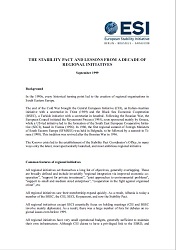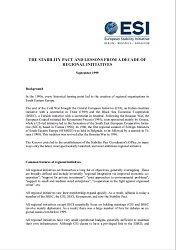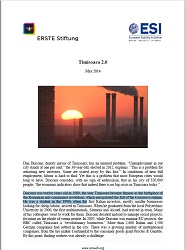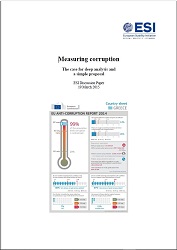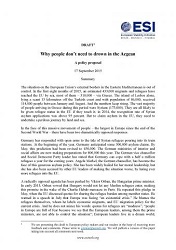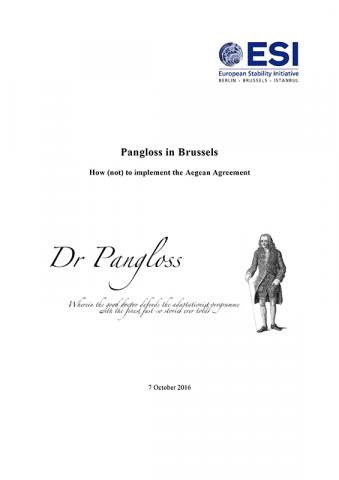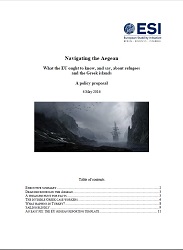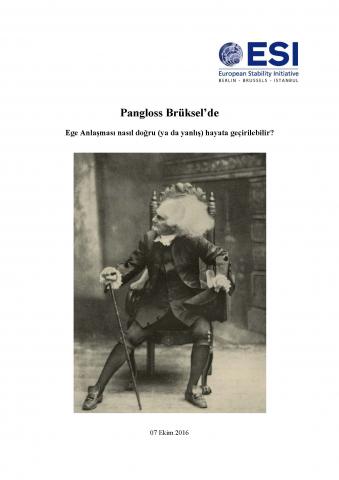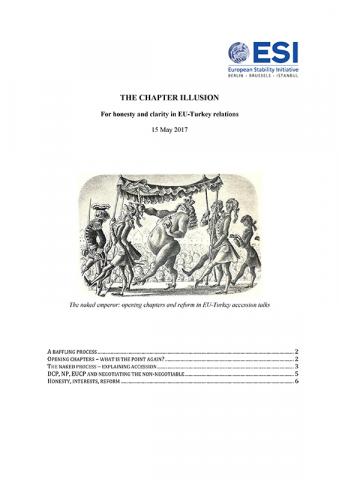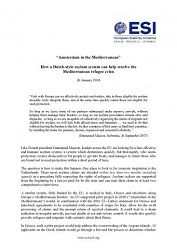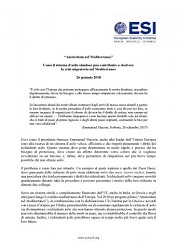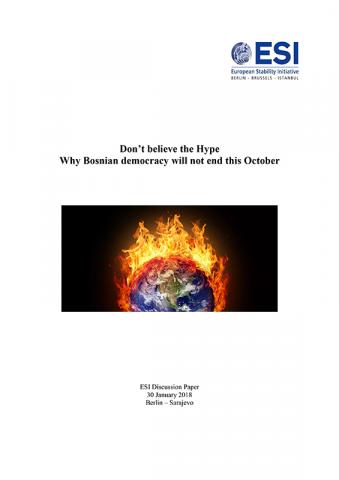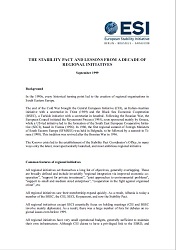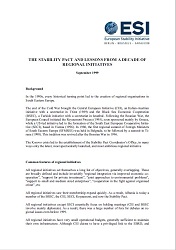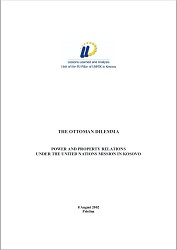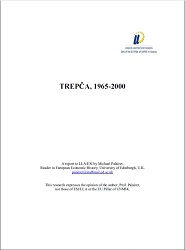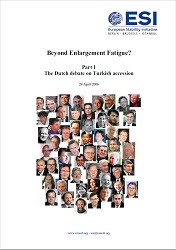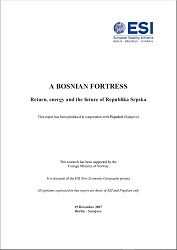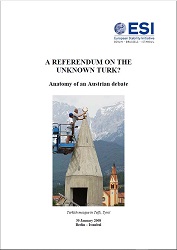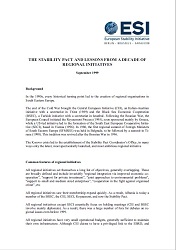
THE SURPRISING FRONT-RUNNER. Moldova before and after the Vilnius Summit
THE SURPRISING FRONT-RUNNER. Moldova before and after the Vilnius Summit
Keywords: Moldova economy; Moldova Democracy;
In the past year Moldova has been praised by European leaders for its reforms. Speaking at the EU-Moldova forum in October 2012, EU Enlargement Commissioner Stefan Füle called Moldova “the Eastern Partnership’s most dependable model student.”1 He added: “From an uncertain supporter of the Eastern Partnership, it has turned into its most prominent member, into a staunchly committed and reliable partner.” || Moldova’s poverty is structural: it is too rural, and produces too few things that people in other countries might want to buy. For it to catch up huge changes are needed – investments in infrastructure, in agriculture, in industry, in the skills of its people. For this to happen there is a need for both confidence in the future and a clear sense of direction. This has happened before, though, and Moldovans can look across the Prut to see the effects of such a perspective. Will there be a similar perspective for them soon? || The prospects of obtaining visa-free travel and signing the Association Agreement and DCFTA soon are both good news. At the same time Moldova desperately needs economic development and increased foreign direct investment. For this a clear long-term EU membership perspective would be crucial. If the EU wants Moldova to become a true success story in the Eastern neighbourhood, it should be prepared to go further.
More...
